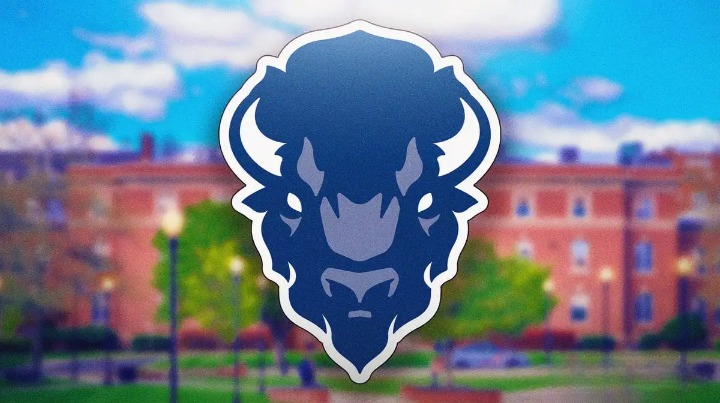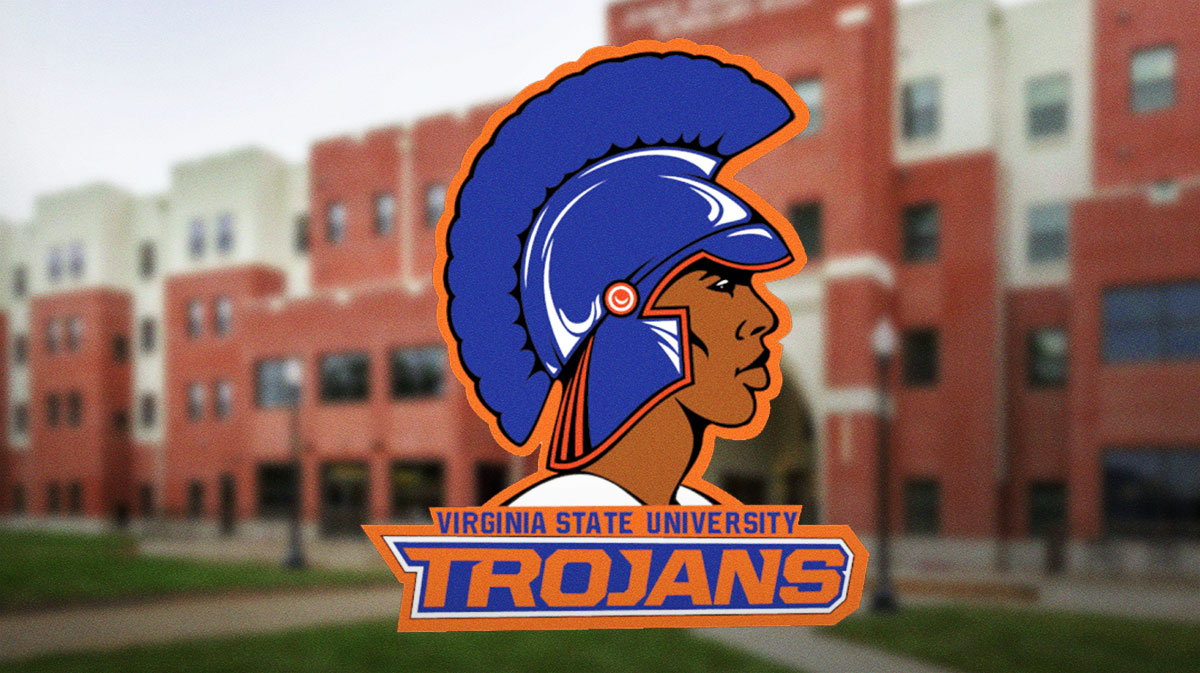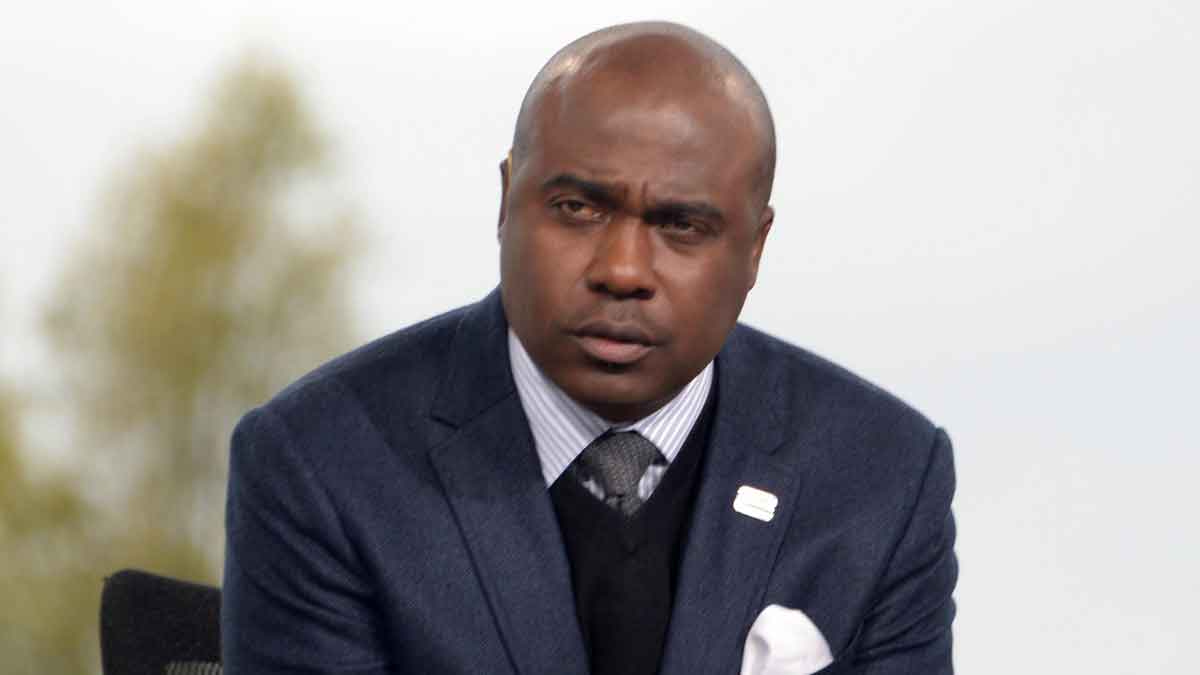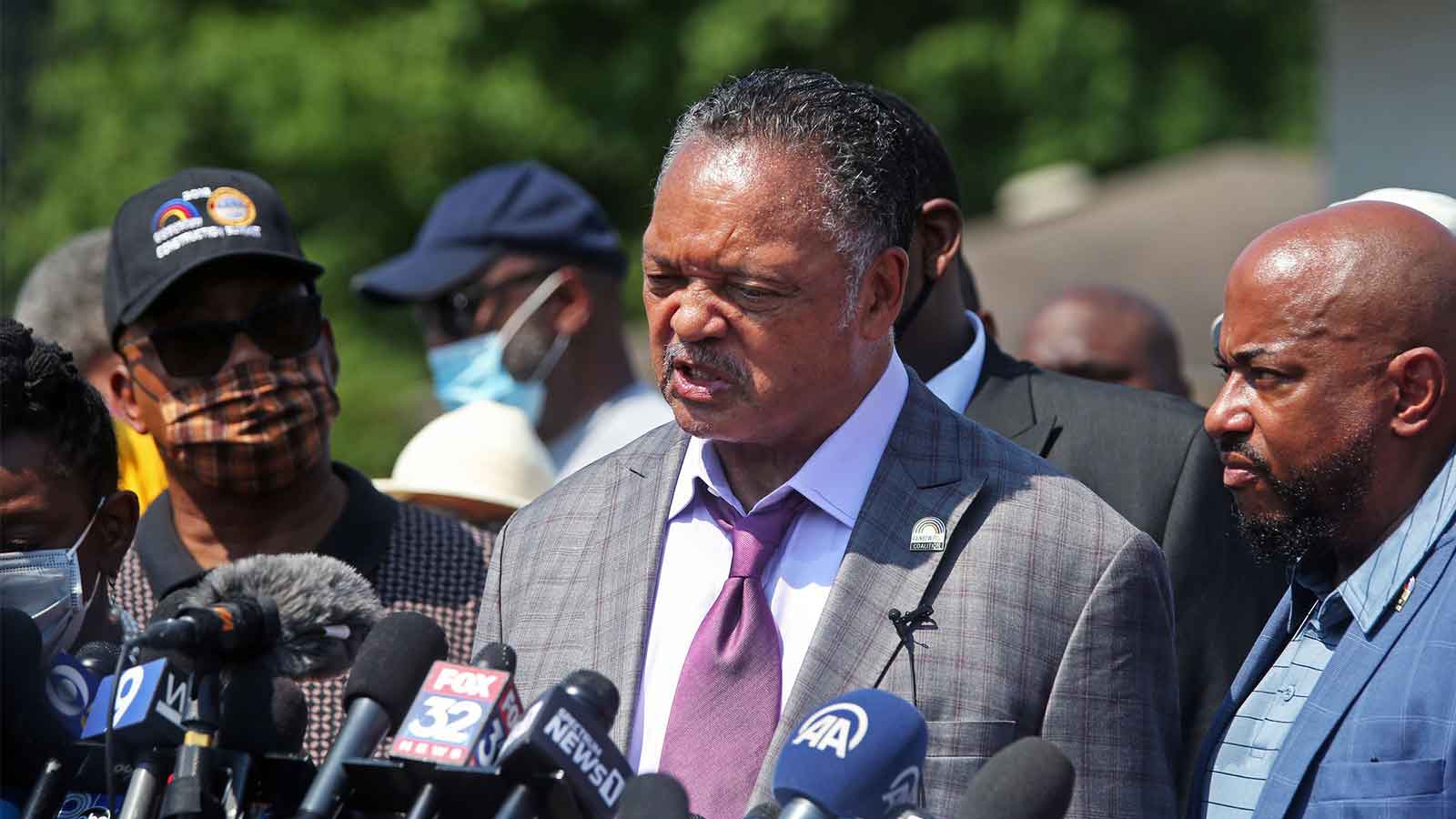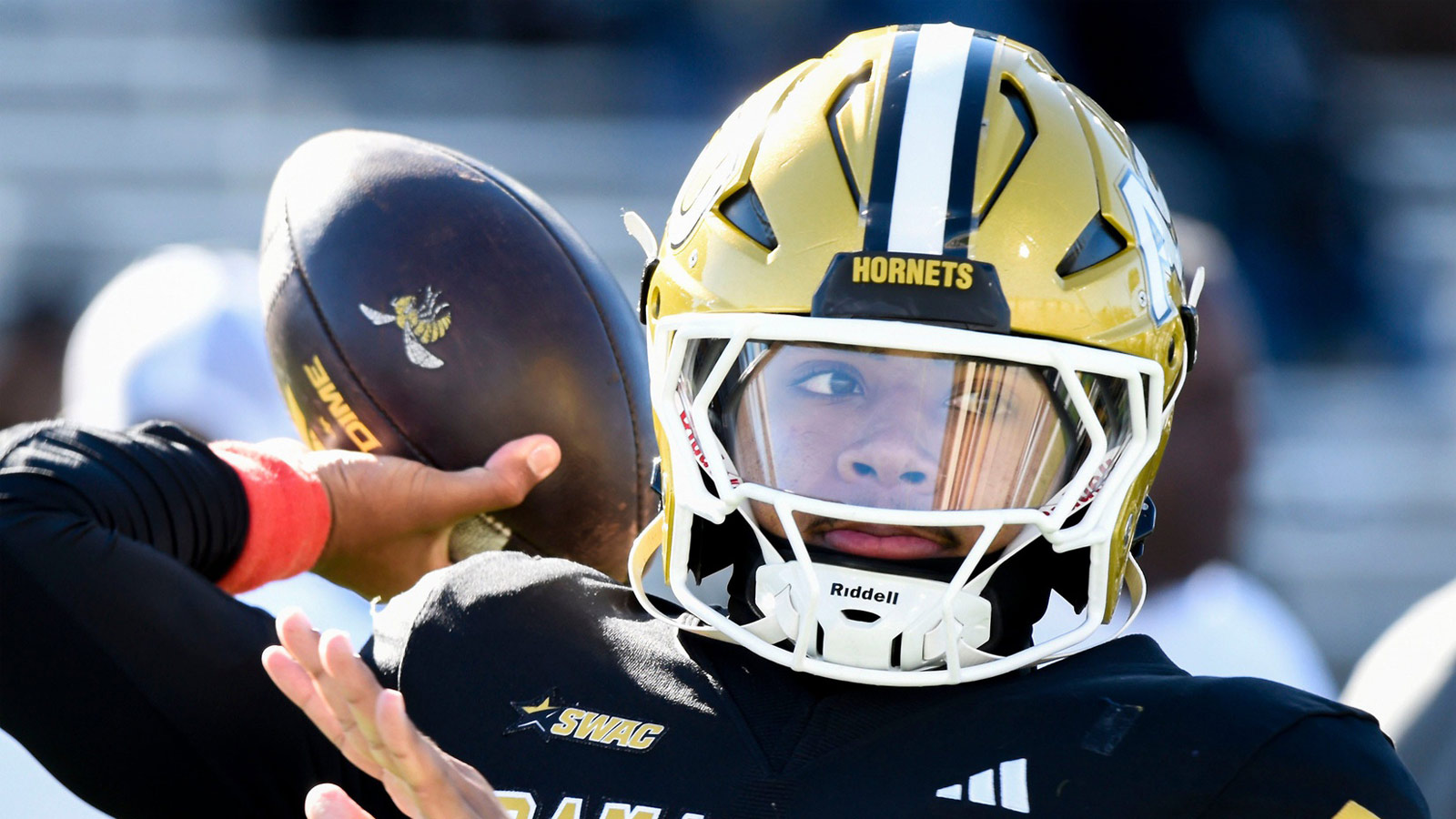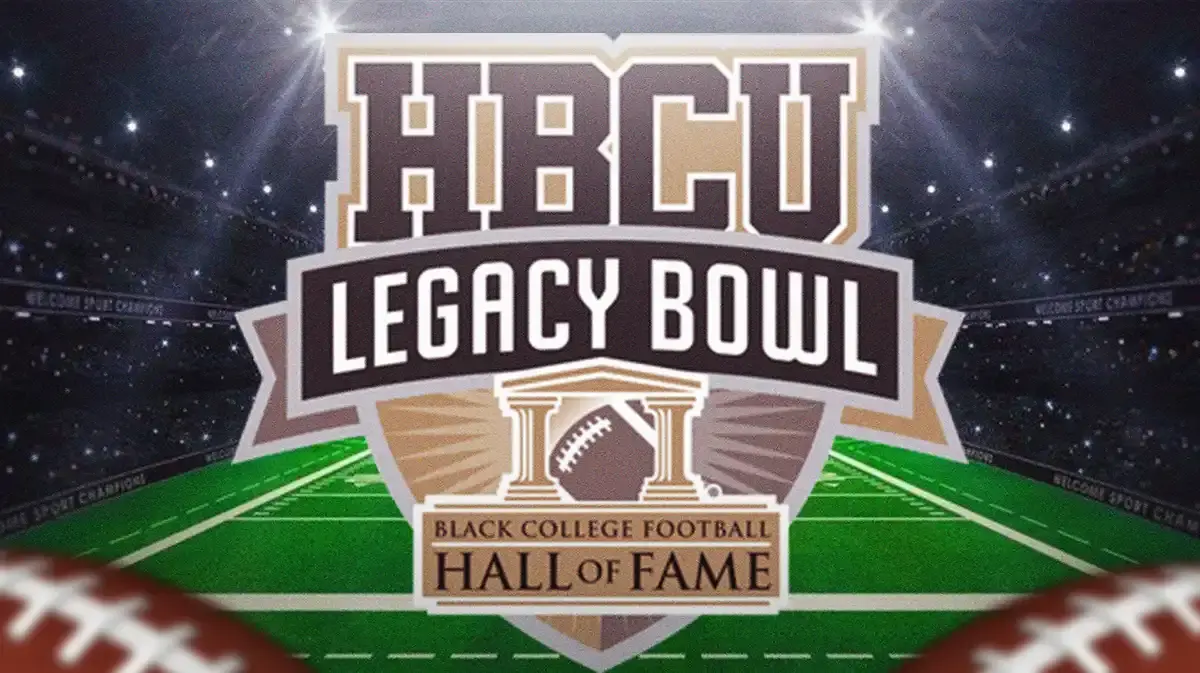On Thursday, Howard University made history as the first HBCU to regain Research One (R1) status, the highest classification for research activity among U.S. colleges and universities. The designation, conferred by the American Council on Education (ACE), signifies “very high research spending and doctorate production.”
“Howard University's achievement of R1 status demonstrates our research capacity and reaffirms our deep commitment to tackling society’s most pressing questions through cutting-edge scholarship and technological innovation,” said Howard University President Ben Vinson III, Ph.D. “As a leader in the evolution of next-generation HBCUs, we are dedicated to ensuring that the benefits of discovery and progress reach all communities, including those historically overlooked and underrepresented. Through pioneering solutions and the strategic use of emerging technologies, we are shaping a future where knowledge drives inclusive prosperity and lasting impact.”
The path back to R1 status was made possible through new Carnegie Classification criteria that eased eligibility requirements. Under the updated standards, institutions must grant at least 70 doctorate degrees annually and spend a minimum of $50 million on research. Howard University has exceeded these benchmarks.
“Howard’s track-record of research prowess and success are evident in the numbers,” said Bruce A. Jones, Ph.D., Howard professor and senior vice president for research. “In Fiscal Year 2023, the most recent evaluation year in the classification cycle, the University’s productivity was significantly higher than the R1 base criteria, recording just under $85 million in research expenditures and awarding 96 doctorates in an array of fields, including the most doctorates awarded to Black students at any college or university in America.”
Howard University previously achieved R1 status but lost the designation in 2005 when stricter requirements were implemented.
Howard University’s accomplishment stands as a major milestone in higher education, opening doors for other HBCUs to achieve similar recognition, as several HBCU are designated as Research Two (or R2) institutions.

